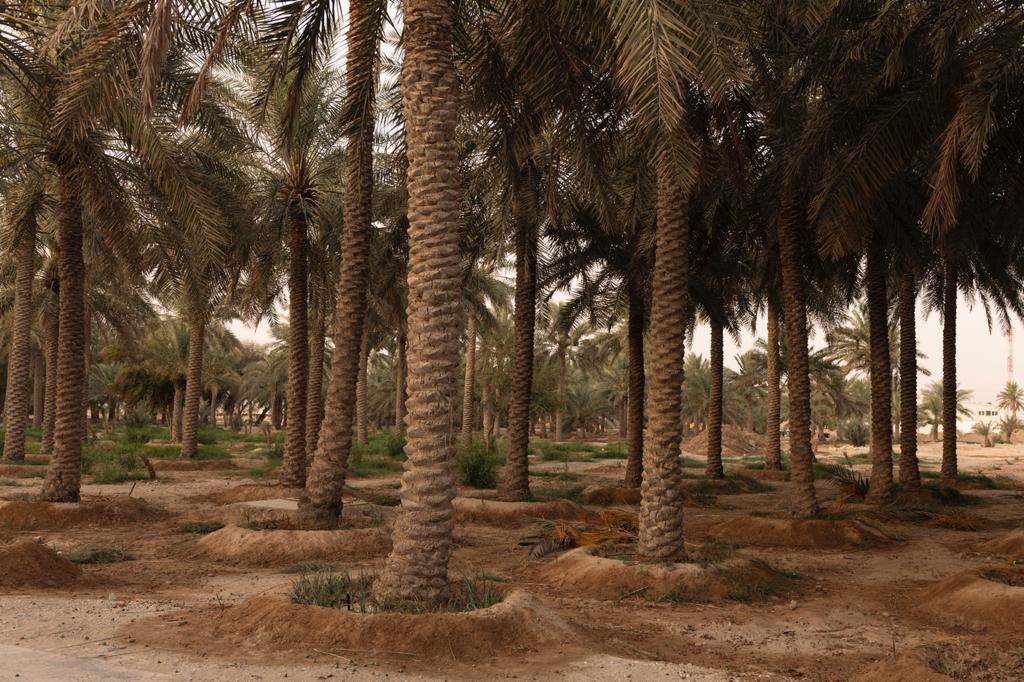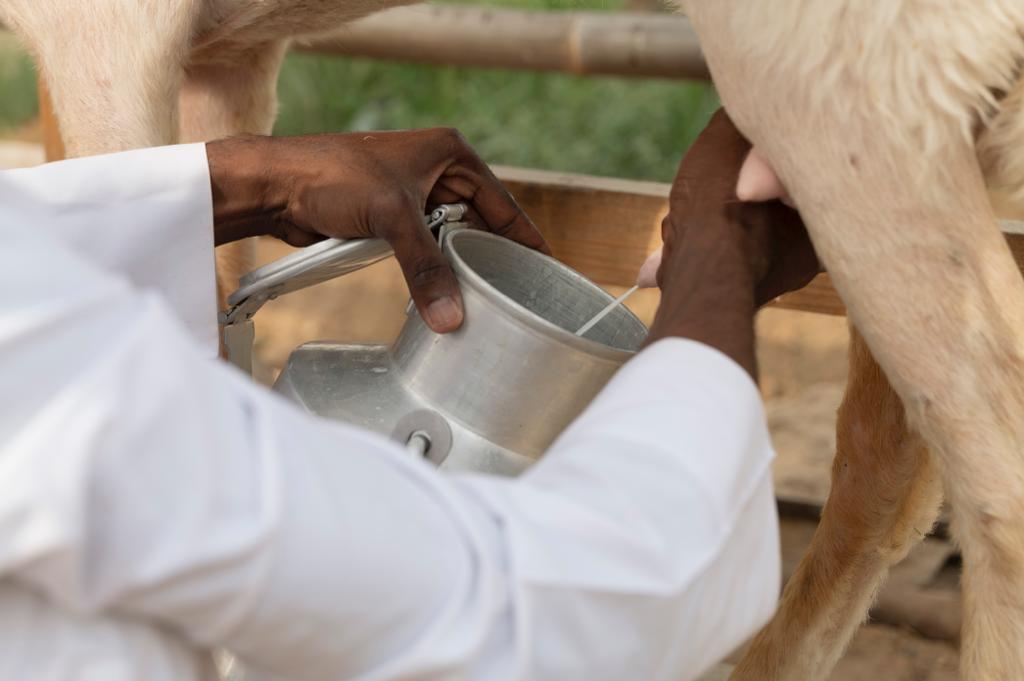Desert farming: learning how to grow crops in a severe climate
Restorative practices on the Heenat Salma farm in Qatar are being used in attempts to achieve better food security

Qatar’s harsh environment, reliance on imports and blockades by land, air and sea have seen its people look toward new technologies, in order to achieve better food security.
Through expansion in vegetables grown using hydroponics, local production has increased from 66,000 tonnes to more than 103,000 tonnes last year alone.
Heenat Salma farm is just one of the initiatives hoping to optimise environmental technologies, to enable restorative growth in desert areas.
It is the first of its kind to experiment with organic farming in the country and is based deep in the desert, among the communities of Shahaniya.


The farms proprietor, Fahad Al Attiya, explained: “We cannot go on as we are. It simply is not sustainable. The population in Qatar has grown from 11,000 in 1941 to around 3 million today and we need to think differently. Reclaiming and cultivating desert or degraded land to grow food has the potential to secure the needs of a growing population.”
“Our farm team, through Caravane Earth Foundation, is addressing the global need for ethical approaches to local agricultural initiatives, driven by the purpose to heal the land and live in synchronisation with the seasons.”


In 2019 the foundation brought together a group of experts in agronomy, architecture and water infrastructure to develop a holistic farm model and 10-year strategy aimed at both converting a conventional farm into a centre for regenerative agriculture and introducing effective permaculture into the extreme climatic conditions of the Arabian Peninsula.
Al Attiyah continued: “The world has now reached a point where it is so driven by greed, companies are prepared to spray crops with poisonous chemicals to protect their margins. We have set ourselves a herculean task to grow organic produce in the most arid of environments and our solution has to be both visible and ethical.”

Alongside agriculture, the farm is a place for hospitality and creative education – each field supporting and enhancing the others but at the heart of it all is the farm’s kitchen.
Head chef at Heenat Salma, Ivan Dubkov explained: “Here, in the centre of a harsh and almost empty desert, we provide dishes of simple and even frugal cuisine, consisting of more than 35 varieties of organic herbs, fruit and vegetables grown on the farm, working in harmony with the land and what it has to offer using the minimum of resources, especially water.”


Soumia Masmoudi, Heenat Salma’s senior permaculture trainer, explained how “irrigation is always a challenge in desert environments and Qatar’s water table is dropping each year. The groundwater in Qatar has a high salt content, so farmers are forced to first desalinate the water to make it suitable for irrigation.
“We are committed to understand and develop how using organic fertilisers created here as a by-product on the farm can reduce salinity in the soil and crops can flourish on frugal water irrigation innovations.”

Optimising food production in harsh desert environments through projects like Heenat Salma may hold critical knowledge for some of the earth’s most barren land to become greener and have a more food-abundant future.
Join our commenting forum
Join thought-provoking conversations, follow other Independent readers and see their replies
Comments
Bookmark popover
Removed from bookmarks